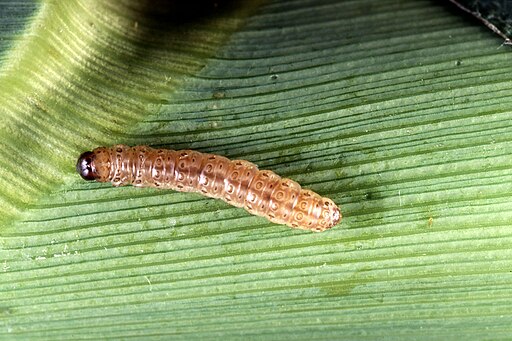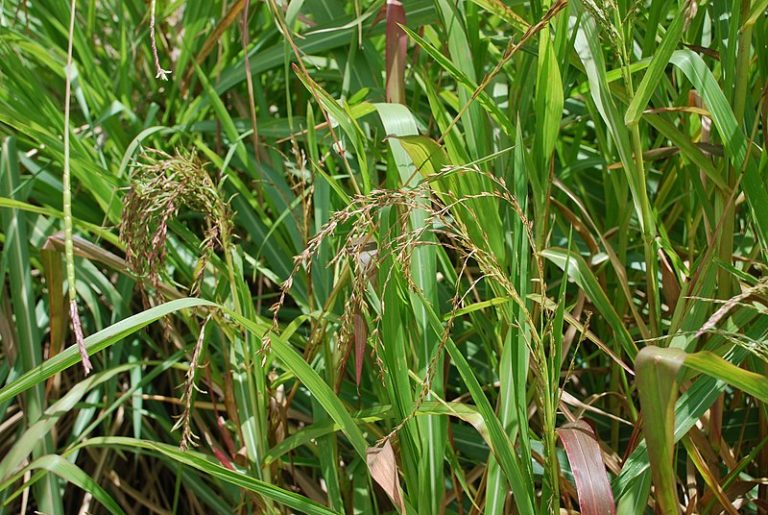
In Spain, are some insects beginning to resist GM maize?
For almost 15 years, European and French experts have been recommending that Bayer improve environmental monitoring of commercial Mon810 corn crops in Spain and Portugal. This improvement is necessary, they say, to prevent target insects such as the European corn borer and sesamia from developing resistance to the insecticide produced by this transgenic corn. But year after year, Bayer only partially responds to these requests. Yet concerns are becoming increasingly serious and concrete, as demonstrated by the latest EFSA opinion, published in August 2024.

Illegal GMO plants and micro-organisms in Europe
Between 1 January 2021 and the present day, the European Union has had to deal with almost fifty cases of the illegal presence of GMOs on its territory. Most of the cases reported by the national authorities involve GMO plants originating in Asian countries such as Vietnam and Thailand, but also in other countries such as Ukraine, the United States and, more surprisingly, France… GMO micro-organisms have also been detected in batches of food additives used in human and animal nutrition.

Catalonia: GMO Clearfield rapeseeds do not have better yields
In Spain, the public agronomy institute Irta regularly carries out evaluations of several varieties of rapeseed. Recently, they introduced into their evaluation some Clearfield rapeseed varieties, herbicide tolerant varieties modified via in vitro mutagenesis. Result: these GMOs, grown commercially in Europe outside the legal framework, do not have better yields than their conventional counterparts.

A Dutch seed company faces up to KWS patents
Inf’OGM interviewed a Dutch seed company that has developed a cold-resistant “organic” maize and that feels threatened by KWS patents. She tells us the story of her company Nordic Maize breeding, of her certified organic maize, of its likely future contamination by GMOs/NGTs…

Problems ahead due to cultivation of GMO maize in Europe?

Journal
The threat of GMO/NGT patents is growing stronger

Illegal GMO rice in Europe again

Brazil: Endgame for Bayer’s GMO soybean patent?


